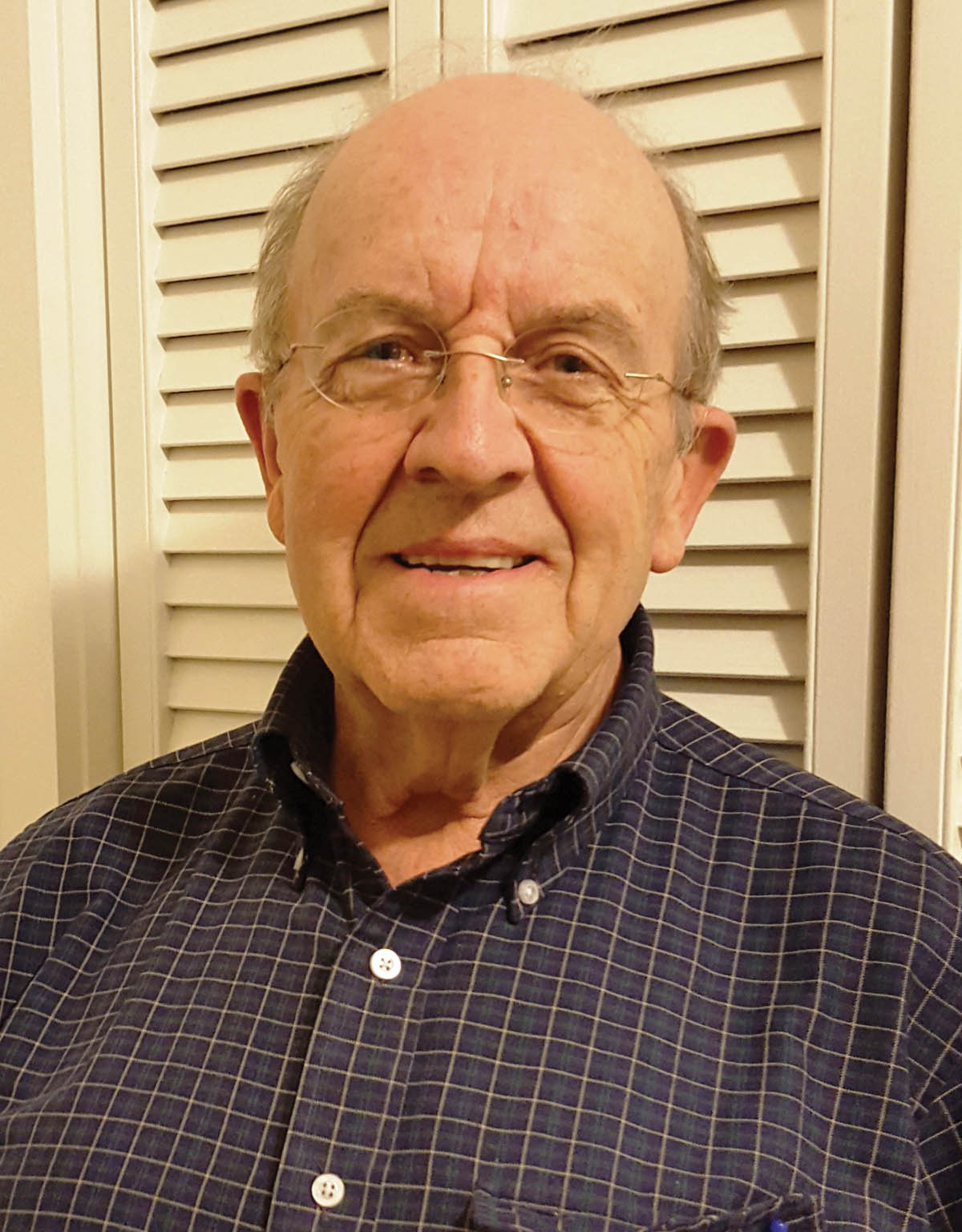By: Danette Dooley
Author, professor and historian, Gerhard Bassler aims to show Newfoundlanders and Labradorians a forgotten, but significant part of their history with his new works.
====
 People who bought Gerhard Bassler’s book Escape Hatch will want to pick up his latest release Develop or Perish (Flanker Press 2017).
People who bought Gerhard Bassler’s book Escape Hatch will want to pick up his latest release Develop or Perish (Flanker Press 2017).
Bassler is professor emeritus at Memorial University of Newfoundland and a specialist in modern German history and Canadian migration history.
Develop or Perish: A Pictorial Record of J.R. Smallwood’s New Industries is an illustrated companion to Escape Hatch: Newfoundland’s Quest for German Industry and Immigration, 1950–1970.
Information from the publisher describes Escape Hatch as the first in-depth account of how and why the Newfoundland government acquired 17 so-called “New Industries” – 13 from Germany, one from Austria, one from Latvia, one from England, and one from Newfoundland – as well as the 1,000 or so immigrants who came to this province in the 1950s and 1960s as a result of (then premier) Smallwood’s New Industries initiative.
The majority of the pictures in Develop or Perish have been offered for publication by immigrants and Newfoundlanders. The book also includes additional images from archives and newspapers.
Bassler took the time recently to answer questions via e-mail for The Newfoundland Herald about these two books.
Where were you born and when did you move to this province?
I was born and educated in Germany and came to Newfoundland in 1965 because MUN was expanding. My wife and I liked it here so we opted to stay. As a MUN History professor I taught modern European, German, Russian, and 20th-century world history, and introduced the first course in Holocaust history. My research is focused on migration from German-speaking people to Canada and their role in Canadian history.
You are an avid researcher/historian. When did you start writing books and why?
I wanted my research to be relevant to people in this country and province, so I began to start writing books when I realized that few Canadians and Newfoundlanders were familiar with the history of German-speaking immigrants. As a professional historian, I love researching unknown or forgotten history from all available sources and consolidate it for others to learn about. The real history of Smallwood’s New Industries and their spinoff was unknown before. These two books are deliberately written for the general public instead of for academics.
What do you think we can learn from Develop or Perish and Escape Hatch?
My books show that history is never a black and white story, that it was difficult to start industries in Newfoundland in the 1950s, and that Smallwood decided to go to great lengths to get industrial development off the ground. Although, from hindsight, many of the industries have been considered failures, both books show that Smallwood’s New Industries Program had numerous (mostly unanticipated) beneficial side effects. We can learn from this experience that Newfoundland should guard against the weaknesses of Smallwood’s plans. History can repeat itself. The province still heavily subsidizes businesses and industries that promise to bring jobs to Newfoundlanders. Current politicians should not blindly support these schemes, but should evaluate them with awareness of Smallwood’s experience. The books open a window into the past and into the future.
Are there any photos in particular that you are drawn to and if so, which ones?
I like the ones showing women having the opportunity to work in industry in the province for the first time.
Tell me why you choose such gripping titles for those books?
Escape Hatch is the term that Smallwood himself used in an interview he gave me on Nov. 24, 1983 to describe how he got German industrialists to invest in Newfoundland… “Develop or Perish” is a slogan Smallwood liked to use to promote his New Industries Program.
What are your hopes for this latest book?
That Newfoundlanders and Labradorians will learn about a forgotten, previously unrecorded but significant part of their modern history.
Can you tell me a little more about your next project?
The German experience in Canada. This is planned as a history of how German-speaking immigrants have experienced Canada and how Canada has experienced them over the course of their 400-year presence on the lands that were or became Canada. It includes therefore also the history of the German experience in Newfoundland and Labrador. The provisional title I have given it is: “Nation Builders and Enemy Aliens. The German Experience in Canada: Four Centuries of Migrations, Nation Building, and Relations.”

2 thoughts on “Writing World: Gerhard P. Bassler”